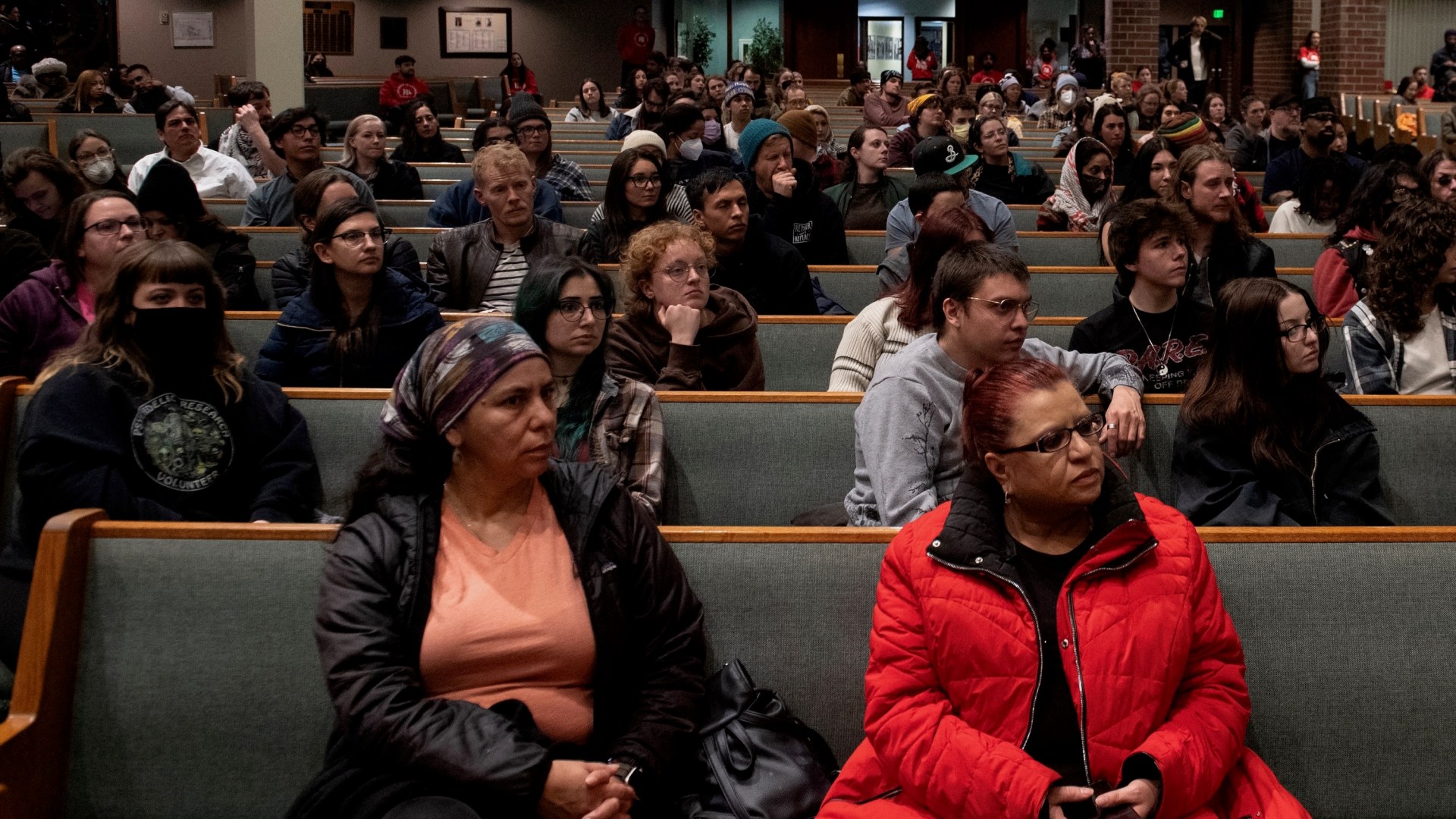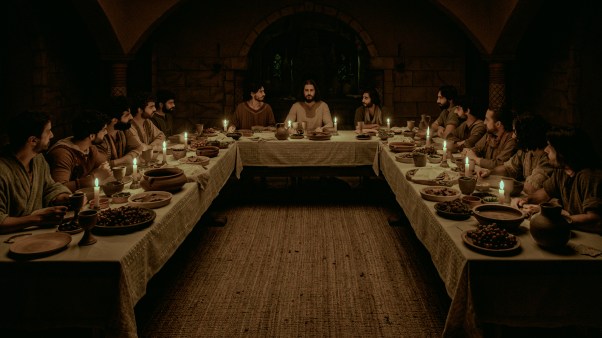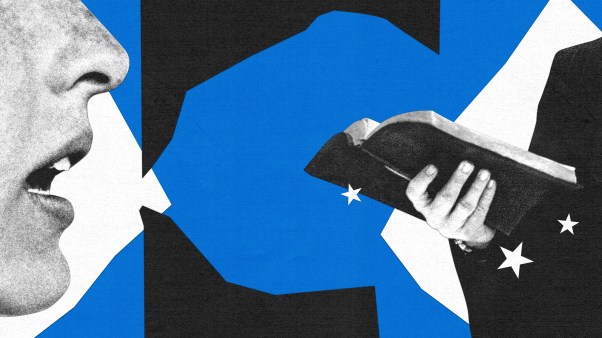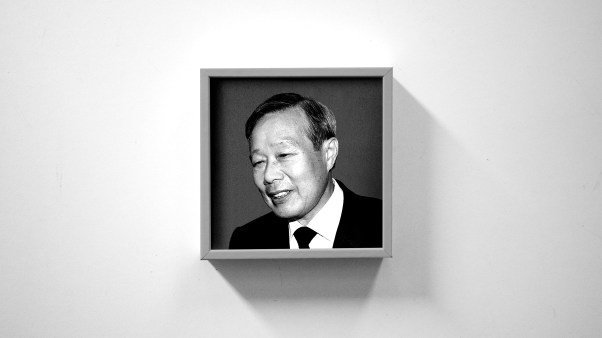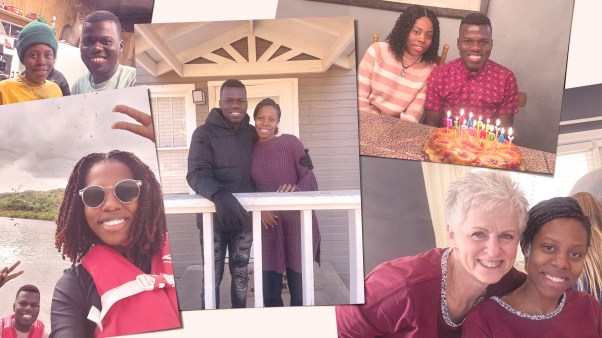A federal judge on Friday declined to block the new Trump administration policy allowing immigration authorities to carry out arrests at “sensitive locations” like churches and other religious spaces.
Twenty-seven Christian and Jewish groups had sued, saying the new policy violated their religious freedom under the Religious Freedom Restoration Act.
The new policy went into effect January 20 at the start of President Donald Trump’s term and reverses 30 years of federal policy to avoid houses of worship for immigration enforcement. The first Trump administration forbade enforcement at a “place of worship or religious study.”
In a press release about the new policy this year, the Department of Homeland Security said, “Criminals will no longer be able to hide in America’s schools and churches to avoid arrest.”
The churches in the case said the new policy has led to Immigration and Customs Enforcement (ICE) surveillance of churches and ICE enforcement actions at churches. The policy has forced churches to hire security and Hispanic congregations have seen significant declines in attendance out of fear of immigration enforcement, the churches said in court filings. They said ICE agents had shown up at church food pantries and after-school programs.
But Judge Dabney Friedrich said the congregations in the lawsuit had not experienced significant harm from immigration enforcement yet to warrant a preliminary injunction against the policy. She counted only one church in Atlanta among the plaintiffs where immigration agents had conducted a raid.
Friedrich, a Trump appointee, said the new policy does not expressly “direct law enforcement to target churches or synagogues or to treat places of worship as high priority locations for immigration enforcement.”
She added that the record doesn’t show churches “being singled out as special targets.”
CT reported on the first known immigration arrest of a man at a church, Wilson Velásquez, in late January. That Pentecostal congregation was not part of this lawsuit.
In that incident, immigration agents were waiting in the parking lot of the church during a worship service, and an usher came to tell the congregant that the agents were waiting outside. Velásquez, who had made all his required check-ins at the local ICE office previously and was wearing an ankle bracelet, was then handcuffed and placed in the back of a vehicle.
In her ruling, Friedrich said that the decline churches are seeing in immigrant attendance could be explained by the administration’s immigration enforcement overall, not by this particular policy on churches.
“Congregants are staying home to avoid encountering ICE in their own neighborhoods, not because churches or synagogues are locations of elevated risk,” she said. “Their requested injunction would not rectify the alleged attendance declines.”
She also said there is no indication that more enforcement actions at churches are “likely or imminent.”
Those suing included the Mennonite Church, Fellowship Southwest (a Cooperative Baptist Fellowship church), The Episcopal Church, the Presbyterian Church USA, the Latino Christian National Network, and conferences from the United Methodist Church and the United Church of Christ.
The lawsuit was filed in the US District Court in Washington. A group of Quakers, Baptists, and Sikhs had brought a separate but parallel lawsuit in Maryland. In February, they won a preliminary injunction in their case, but just for their congregations.
“Armed law enforcement officers operating in or at places of worship pursuant to the 2025 policy will adversely affect the ability of Quakers and Sikhs to follow their religious beliefs or worship freely,” US District Judge Theodore Chuang wrote in that case.
These cases will likely continue to work through federal courts.

